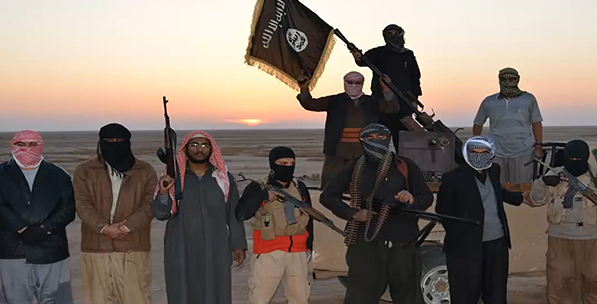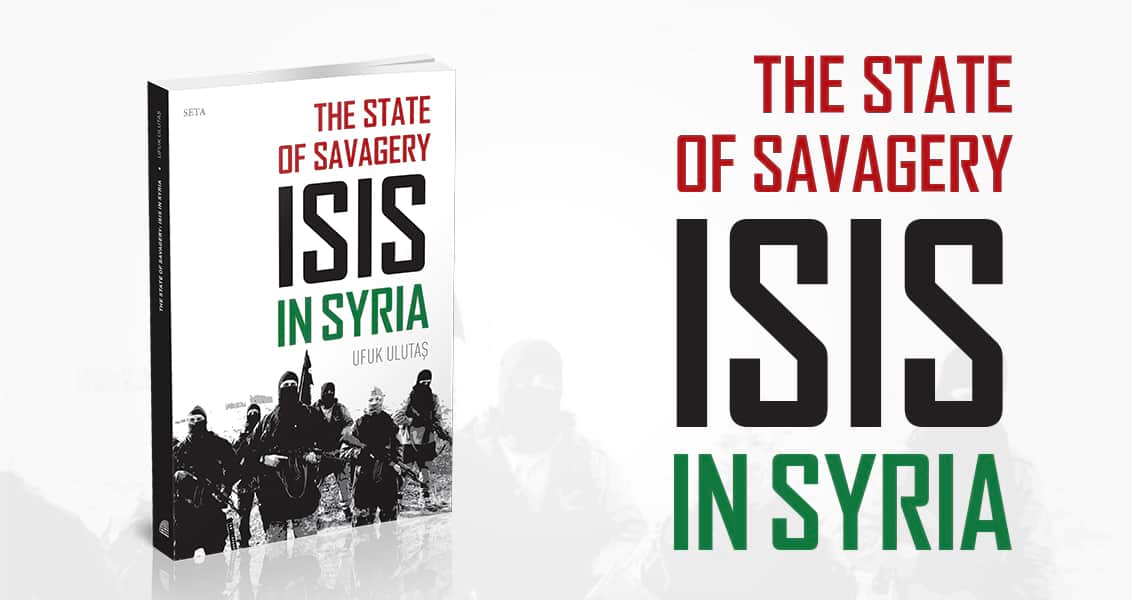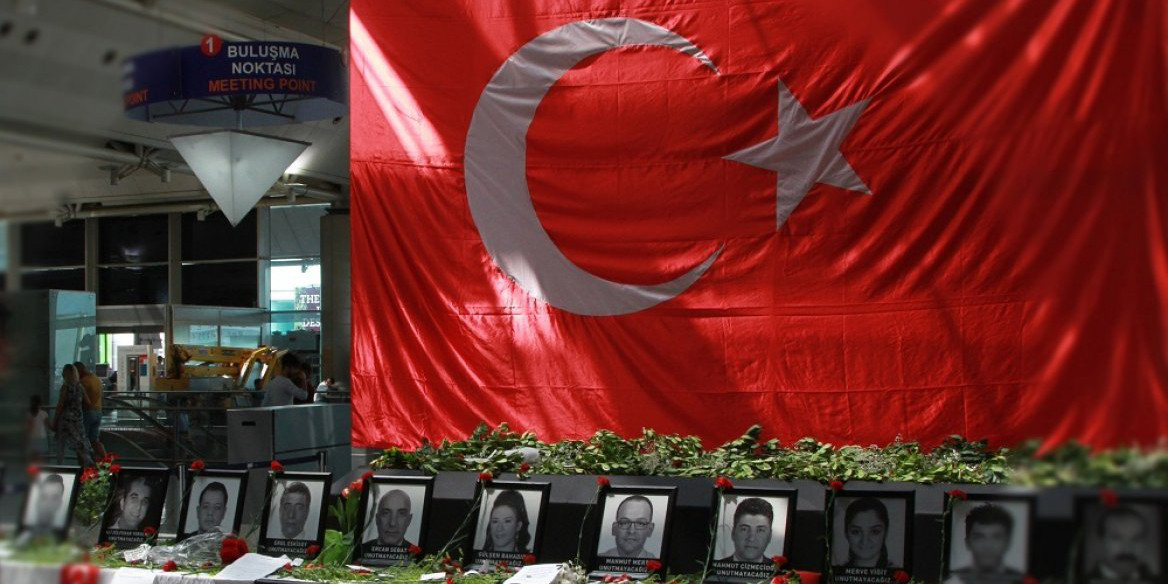Since the beginning of the U.S. operation in Iraq last week everybody is asking questions regarding the future of the Islamic State of Iraq and al-Sham (ISIS) in the region. These questions include: Will ISIS be a permanent feature of regional politics or is it a temporary phenomenon produced from the geopolitics in the Middle East? When will ISIS stop its attempts to extend its borders? Why did they change their main target from Baghdad to Irbil? How are decisions being made in terms of military operations within the organization? What is the sociology of the organization? Why do they prefer brutal methods, such as mass executions and why do they spread this on online platforms?
However, satisfactory answers to most of these questions are not being provided in the capitals of the countries of interest. First of all there is still confusion and ambivalence in regards to the strategic objectives of ISIS forces in northern Iraq. The attack of ISIS on Irbil caught pundits one more time by surprise, just like the capture of Mosul two months ago. The intelligence failure regarding ISIS and major actors in the region, such as the U.S., became obvious with its swift capture of Mosul. After this striking development, there was a widespread expectation that ISIS attempts to take Baghdad since most of the information from the organization pointed to Baghdad as the most significant target. In fact, even the spokesman of the organization al-Adnani in his audio recorded statement stated that the next targets will be Baghdad and Karbala.
It is still not clear why ISIS decided to go north instead of south toward Baghdad, since it was almost certain that such an attack would pull other international forces in to help the Kurds – to protect their personnel in Irbil and the oilfields. This would of course increase the number of fronts that ISIS forces have to fight on. This statement could be a tactical deception, which was applied several times by ISIS fighters in Syria. In fact, contrary to the expectations of many and in contrast to its statement, ISIS started attacking northern Iraq and did not shy away from confrontations with the allies of Western powers, nor did it shy away from diversifying its fronts, which is suggested by its attack on Irbil. Alongside its attempts to kill Yezidis, the call from Kurds was also influential for the U.S. in taking action in Iraq since its withdrawal from the country in 2011.
Of course its horrific public beheadings and mass executions, its threat to minorities and the fact that those things were made public demonstrate that the strategy of ISIS is to terrorize the masses and opposing forces that may confront ISIS in Iraq and Syria. The defection of Iraqi soldiers during their fight with ISIS was attributed to the effect of these videos of mass executions. However, while broadcasting these videos the global impacts of such brutal scenes were also taken into account by the ISIS leadership. If the goal of ISIS was to pull more actors into the regional conflict, then they could be considered "successful" because they now have almost three fronts and multiple countries to fight against, including the U.S. air force. In fact, instead of building coalitions, which is the major tenant of strategic success, the ISIS have been creating coalitions against itself, by generating enemies and bringing together different states and organizations.
Here the question is whether ISIS has a well-crafted and articulated strategy for its future and the future of the region, or are tactical maneuvers and operational victories paving the way to the destination of the organization as they arise? So far, it seems that it is not the strategy but tactical moves that play a more important goal for the future direction of ISIS. If the changes in the direction of attacks are not about deception and surprising forces against ISIS in Iraq, it shows that there is an increasing degree of overstretch in its zone of influence in the Middle East. This situation gives a window

Does ISIS Have a Strategy?
However, in order to marginalize ISIS in its countries of operation a more comprehensive policy that would diminish its power and influence in Syria simultaneously with Iraq is needed.
Share
Tags »
Related Articles






